The term ‘metabolism’ encompasses the broad array of chemical pathways that are necessary for normal development and homeostasis. Metabolic diseases reflect disorders of cell biology, and many have a well defined genetic basis. Many metabolic disorders originate from defects in enzymes involved in the synthesis or degradation of amino acids, carbohydrates, lipids, purines, or pyrimidines. Disorders of lipoprotein metabolism are collectively referred to as “dyslipidemias”. Lipoprotein disorders are caused by defects in a wide array of cellular pathways including membrane receptors (the low-density lipoprotein receptor), enzyme defects (lipoprotein lipase), carrier proteins (apolipoprotein B100), or transporters (ATP binding cassette transporter ABCA1). The management of dyslipidaemia includes lifestyle modification and pharmacological interventions according to the severity of the disease. The majority of patients with dyslipidemia have some combination of genetic predisposition (often polygenic). In such condition, preventive aspects should be considered. Before conception shodhana therapy should be administered. The environmental contribution (lifestyle, medical condition, or medicaments) also play a role in the manifestation of disease along with genetic predisposition. The wholesome diet and lifestyle according to body constitution helps to create healthy milieu inside the body. A balanced diet, daily regimens, and seasonal regimens can help to reduce the penetration of disease in patients those already have the genotype for familial dyslipidemias. The persons in whom the disease is manifested, the Ayurveda approach will be to correct dyslipidemias and prevention of complications of dyslipidemias. Apatarpana (depleting) therapy, diets and medicines which are conducive to the srotas is the treatment of dyslipidemias. Dyslipidemias, itself is not harmful to the body but when low-density lipoproteins are oxidized thereafter it may cause coronary artery disease. Physical and mental stresses are responsible for conversion of LDL into oxidized LDL. The drugs and diets which are conducive to Ojas help in dealing with free radicals. Fibre-rich diets and medicines improve clearance of cholesterol while working on entero-hepatic circulation of cholesterol. Pitta virechaka substanceas also play role in breaking of this circulation. Sattvaavajaya chikitsa (psycho regulating therapy) also plays role in the prevention of complications in dyslipidemias.
Ayurveda approaches in the management of dyslipidemias can be summed up as follow:
1) Before conception- Shodhana therapy and rasayanas to improve quality of genotype especially where family history is positive.
2) Specific regimens for individual right from childhood- to create milieu inside the body to prevent the manifestation of genotype.
3) Apatarpana chikitsa in management of dyslipidaemia after the manifestation of it with no side effects or minimal side effects.
Newsletter
* Ich habe die Datenschutzerklärung zur Kenntnis genommen. Ich stimme zu, dass meine Angaben und Daten zur Beantwortung meiner Anfrage elektronisch erhoben und gespeichert werden.

2024 © Rosenberg Ayurveda Akademie gGmbH